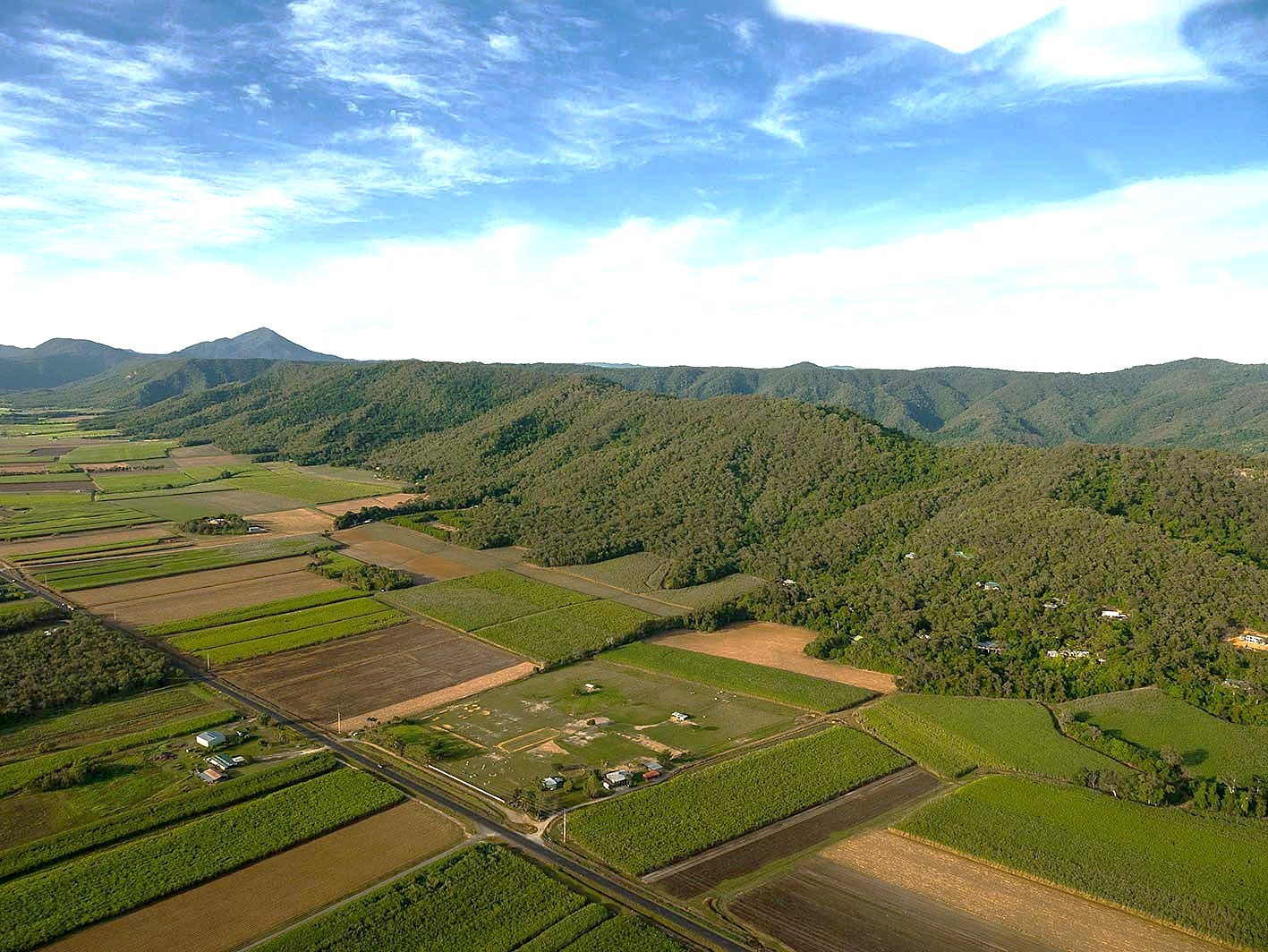
Trials set to test alternative farming options
Terrain NRM

An air seeder and liquid compost application are among new farming technologies that will be put through its paces in the Mossman area as part of a $1.25m project announced this week.
Aimed at discovering alternative crops and revenue streams, the local trial is one of 54 projects across Australia to help primary producers adopt climate-smart sustainable agriculture practices and represents a $76m investment in the Federal Government’s Climate Smart Agriculture Program.
Terrain NRM is working with farmers from across industries and the region to trial machinery and equipment and hold on-farm demonstrations and workshops as part of a larger program focused on helping farmers to adapt to changing conditions.
Terrain NRM’s Maria Ribbeck said the projects in the Wet Tropics region included trialling a Cyclone multi-task sprayer for liquid compost application on grazing land, using a Soilkee Renovator to plant mixed species crops in pasture, and bringing an air seeder to the Mossman region for trials of alternative crops and revenue streams.
“The trials will cover 200ha of land, collectively, over five properties,’’ Ms Ribbeck said.
“We will be monitoring implementation and establishment costs and weighing this up against impacts on productivity and profitability to give the region’s farmers local case studies for climate-smart farming opportunities, as well as local farms to look at and farmers to hear from.
“We will also be holding workshops on sustainable farming practices with farmers across the cane, banana, grazing, dairy and tropical fruit sectors.”
The "Climate-Smart Farming in the Wet Tropics - Supporting a Shift to Better Practices" project is funded under the Government’s Natural Heritage Trust Climate-Smart Agriculture Program.
Agriculture, Fisheries and Forestry Minister Julie Collins said projects across Australia would help make farming more productive and profitable while better protecting the environment, increasing access to markets, strengthening rural communities and further contributing to global food security.
“Adapting to climate change can help our farmers to reduce their costs, improve profits and look after the country for future generations,’’ she said.
Support public interest journalism
Help us to continue covering local stories that matter. Please consider supporting below.
